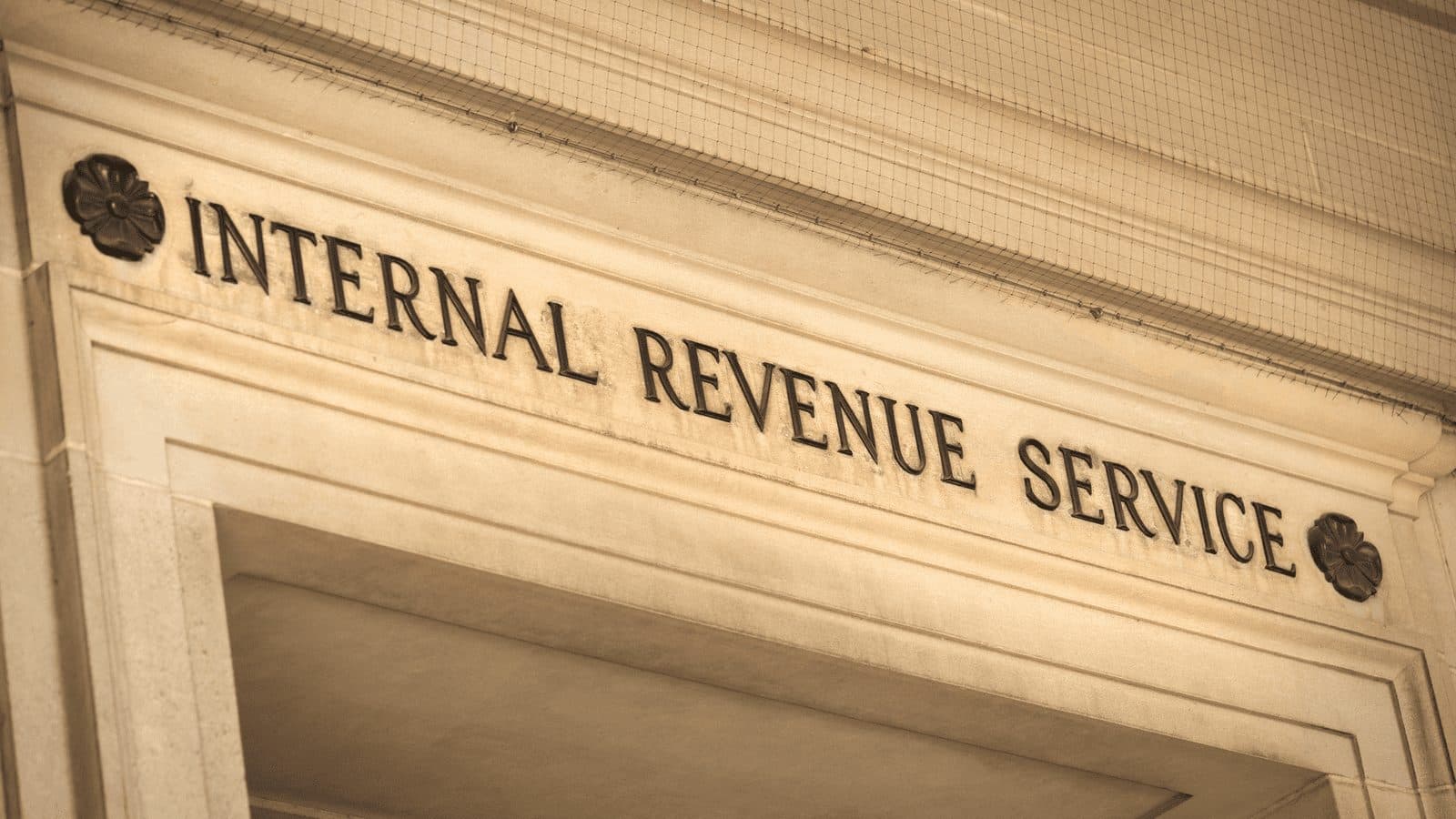In Win For Crypto Stakers, IRS Offers Refund on Untraded Token Rewards
A decision to refund taxes paid on staking rewards could have large implications for how proof-of-stake miners and stakers are taxed in the future

Source: Shutterstock
key takeaways
- In a win for cryptocurrency stakers and miners, the IRS proposes not to tax unsold tokens of Tennessee couple
- Tokens attained through proof-of-stake protocols are taxpayer-created property and should not be taxed until sold or exchanged, the Nashville couple argued in May
A decision to refund a Nashville couple taxes related to unsold Tezos tokens is set to clarify the IRS tax treatment of staked cryptocurrency.
In a win for cryptocurrency stakers and miners, the IRS has offered to refund the couple taxes paid on rewards gained — but not redeemed — from staking on the Tezos blockchain, according to people familiar with the matter.
Official court filings were made public on Thursday, indicating that a bench trial is set for March 2023, unless the case is settled following the conclusion of the discovery process in mid-March of this year.
In May 2021, Joshua and Jessica Jarrett requested a refund of $3,293 of income tax paid in 2019 for the receipt of 8,876 Tezos tokens, according to a legal complaint filed on May 26, 2021, with the US District Court for the Middle District of Tennessee. The couple also sought a $500 increase in tax credits for lost income.
Tokens attained through proof-of-stake protocols are taxpayer-created property and should not be taxed until sold or exchanged, the Jarretts argued. The complaint claims that nothing under United States law or IRS code and regulations allows for taxpayer-created property to be taxed as income.
The decision to offer a refund — which was rejected by the plaintiffs — has potentially large implications for how proof-of-stake miners and stakers are taxed in the future.
A representative from the IRS declined to comment, and the agency has not yet published any formal policy statement — which is what the Jarrets are seeking in this case.
An offer of a settlement is not the same as a binding precedent, according to tax and public policy experts.
This story was updated on Feb. 3, 2022, at 7:10 AM, with details on the released court filings.
Start your day with top crypto insights from David Canellis and Katherine Ross. Subscribe to the Empire newsletter.





